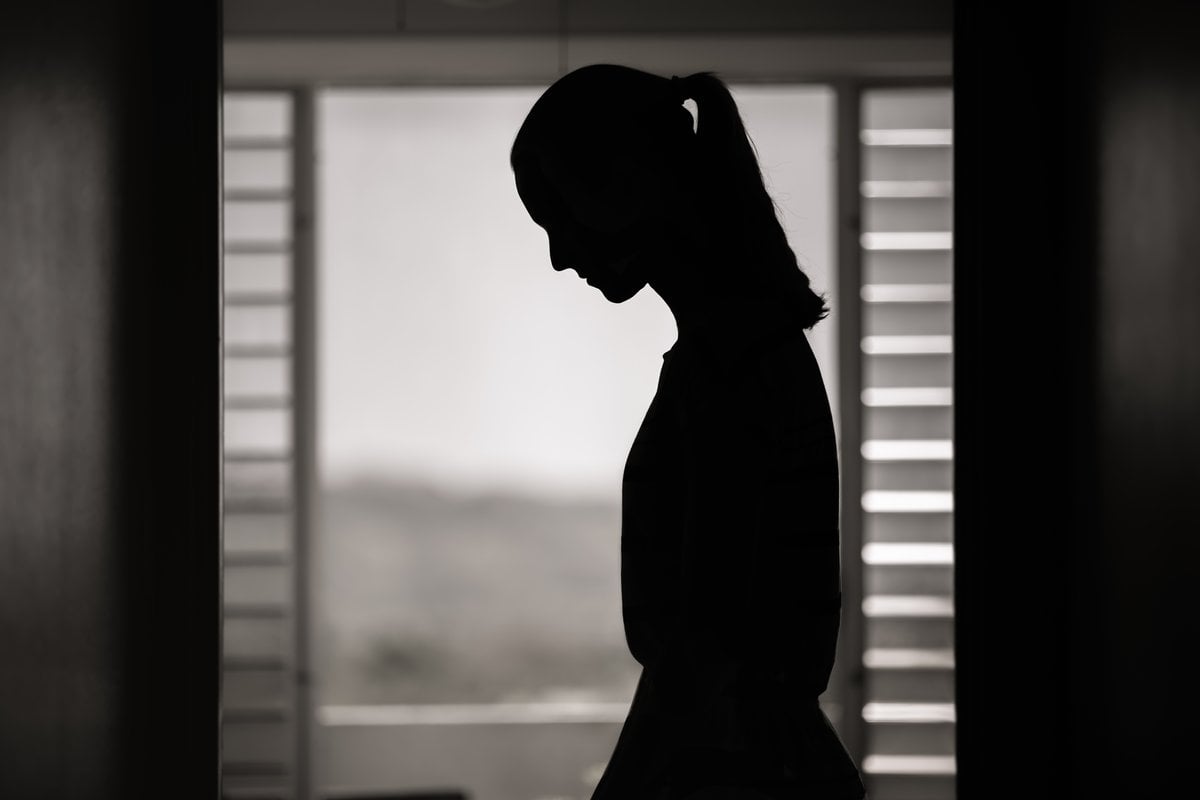
Content warning: This story includes descriptions of sexual assault/domestic violence that may be distressing to some readers.
According to a survey published by the Australian Institute of Criminology in October 2022, three out of four survey respondents have been subjected to sexual violence while using dating apps in the last five years.
While modest efforts have been made by the three most widely used apps, (Tinder, Hinge, and Bumble) to improve safety, all three apps note in their fine print that users are ultimately responsible for their interactions with others.
In January 2023, the National Roundtable on Online Dating Safety was formed, intended to explore safety reforms for online dating platforms. In March, Federal Communications Minister Michelle Rowland issued an information request to the top 10 dating services across Australia.
The request was to obtain information about the kinds of violence users experience whilst using their sites, and the policies in place to ensure user safety. As a result, there has been ongoing consultation to ensure better prevention strategies.
The cultural stereotype assumes these acts are being perpetrated by monsters lurking in the shadows, but the reality is that these people exist in plain sight. They are ordinary people that lack awareness and often experience internalised misogyny. I'm acutely conscious of this - I'm one of the three in the statistics above and I never even reported my assault.
Watch: We lose one woman every week in Australia to domestic violence, but that's just the tip of a very grim iceberg. Post continues after video.


